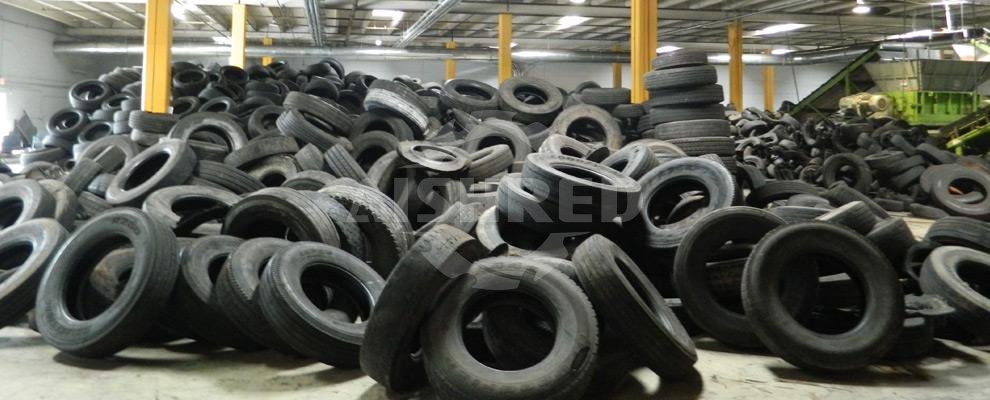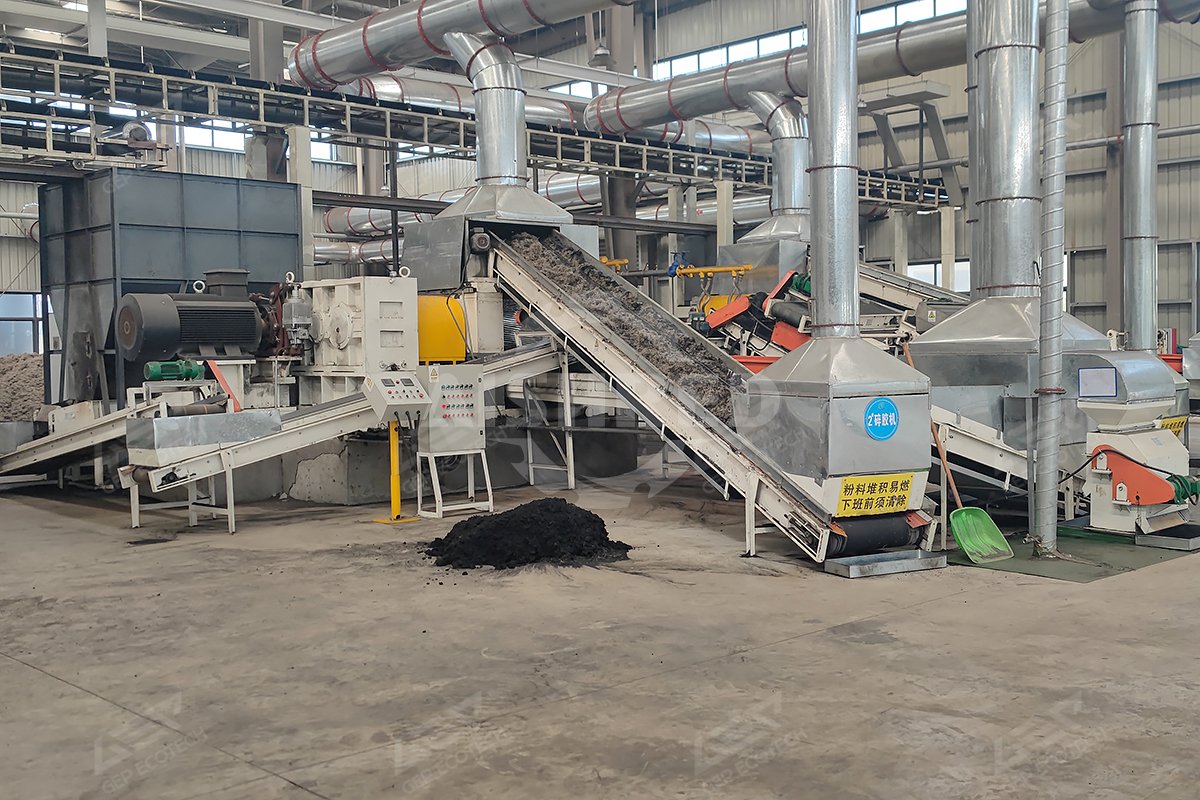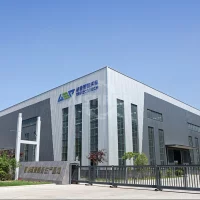The world faces an unprecedented challenge in managing end-of-life tires, with over 1.8 billion waste tires generated annually worldwide. This environmental burden represents a significant economic opportunity through advanced recycling technologies. The Asia-Pacific region dominates this landscape, accounting for more than 40% of global demand, driven by rapid industrialization and automotive sector growth .

Several key factors are accelerating this growth:
- Regulatory shifts: Over 30 countries have implemented Extended Producer Responsibility (EPR) schemes, mandating tire manufacturers to manage recycling processes and invest in waste management infrastructure.
- Emerging market potential: Global waste tire is experiencing surges in tire disposal volumes, creating new markets for recycling technology exports.
- Circular economy initiatives: Major automotive manufacturers are increasingly committing to sustainability targets.
- Economic viability: The rising cost of virgin rubber (increasing approximately 18% year-over-year) is making crumb rubber production increasingly profitable.
High-Value Application Markets
The evolution of recycling technologies has unlocked premium markets for crumb rubber:
- Infrastructure Development: Rubberized asphalt consumes 40-45% of global crumb rubber production, with the United States alone paving approximately 1,000 miles of roads annually with this material. Rubber-modified asphalt delivers 5-decibel noise reduction, 30% extended road lifespan, and improved skid resistance.
- Automotive Components: The automotive industry increasingly specifies recycled rubber for floor mats, gaskets, undercoating, and bumper components. This sector values consistent quality and performance at competitive prices while meeting sustainability targets.
- Manufacturing Sector: Regenerated rubber products are increasingly used in conveyor belts, industrial mats, and vibration dampeners, with the global reclaimed rubber market projected to reach $850 million by 2032.
This substantial demand is transforming waste management economics, with premium markets paying up to $280 per ton for high-purity crumb rubber, which has driven mechanical recycling to be established as the mainstream in the tire recycling market. Compared with solutions such as tire pyrolysis, mechanical recycling is favored due to its lower operational complexity and will occupy nearly 50% of the market share by 2025. Its popularity stems from the balance of cost-effectiveness, operational simplicity, and environmental advantages, all of which attract recyclers of all sizes. In mechanical recycling, tires are cut into smaller pieces, and their constituent materials (such as rubber, steel, and textiles) are separated by physical methods. This method avoids the high energy demand of chemical methods and makes capital investment easy to manage.
GEP ECOTECH Tire Grinding Full Process Production line
Our manufacturing facilities maintain ISO and CE certifications, with systems designed to meet international safety and environmental standards. Engineered to meet the rigorous demands of global recycling operations, our complete tire grinding line designed specifically for the international market, our systems deliver unmatched efficiency, reliability, and output quality that meets the most stringent international standards.
Core System Components and Technical Advantages
Pre-Shredding Module:
- Features a powerful low-speed twin-shaft shredder capable of processing complete car and truck tires.
Throughput:
- It can be specially customized according to different needs,with automatic continuous feeding. And tumble-back feeder technology optimizes downstream processing efficiency.
Rubber Grinding Unit:
- It includes rubber breaker, vibrating screen and feeder, magnetic separator, conveyors, the main advantages are:
- Fine granulators achieve final granulate sizes about 30 mesh with precision screen adjustment;
- Magnetic separation recovers 99%+ of steel wire for resale;
- An optional fiber separator is available, and the purity of the final product can be as high as 99%.

Seize the Global Tire Recycling Opportunity
The global movement toward circular economy principles has transformed tire recycling from waste management necessity to strategic business opportunity. With increasing regulatory pressures, advancing technologies, and growing market demand for sustainable materials, now represents the optimal moment to invest in advanced tire processing capabilities.
If you request a customized solution proposal - please share your processing requirements for customized system design, and we are always ready to serve you!

